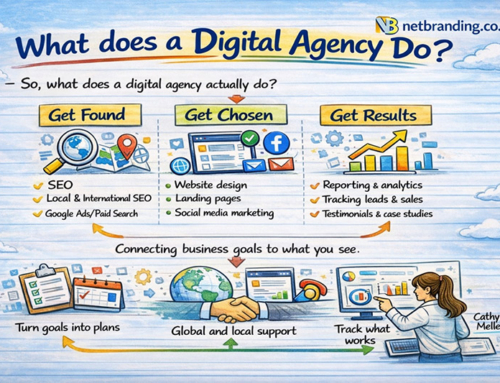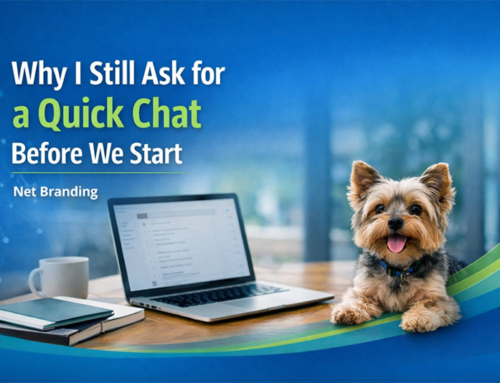
Across social media, there have been many a post by business coaches, social marketers and more about the role of AI-generated content within content creation for your personal or business website or blog. The big talked about AI-content generator is ChatGPT which is creating quite a buzz. So are there downsides to using these AI-generating content tools? Let’s explore.
So, let’s answer the question, what is AI-generated content?
AI-generated content refers to any type of content that is created using artificial intelligence (AI). This can potentially include a wide range of content, from simple text generated by a language model to more complex content such as images or videos created using generative models. AI-generated content can be used for a variety of purposes, such as creating content for websites, social media, or advertising.
Google’s AI Content related announcement
Google has recently announced that AI-generated content is in violation of their policies.
According to this Google drop, AI-generated content can be misleading and can negatively impact on a users’ experiences. As a result, they (Google) have implemented strict guidelines for content creators and publishers in relation to AI-generated content.
Google has stated that any AI-generated content must be clearly labelled as such, and that it cannot be used to impersonate or deceive users. Additionally, any content that is generated by AI must be transparently sourced and attributed to the creator.
So, were does this leave you when it comes to content creation and AI?
This decision by Google comes as a response to the growing concern over the potential negative impact of AI-generated content the media we access, read, digest and respond to. We know that AI has improved hugely over these last years so it stands to reason that as this technology becomes more advanced, it is becoming increasingly difficult to distinguish between AI-generated content and human-generated content.
This announcement by Google is a significant step towards addressing the issue of AI-generated content, and it is likely that other platforms and companies will follow suit soon. It is important for creators and publishers of AI-generated content to understand and abide by these new guidelines to ensure that their content is not in violation of Google’s policies.
Naturally, AI Content generation tools may say that it is only spammy content that may get you penalised, as they are all for you using their tools. You will find an alternative perspective if you review content such as the following, registered on an AI content generation platform Google is not against AI Content.
Our Net Branding take is good content, that is easy to digest and absorb or content that is “value add” to the website visitor or Google Searcher will stand you in good ranking stead in the years ahead. There is very little that can simulate solid research and crafted content generation prepared for your unique audience. Bespoke content that accurately reflects the message you want your audience to hear and is prepared in a readable and informative way.
In summary, Google has announced that AI-generated content is in violation of their policies and that any AI-generated content must be clearly labeled, transparently sourced, and attributed to the creator. In the short term, you may save time using an AI content generation tool. But in the longer term, you may be penalised by Google in a Google Ranking Algorithm update.
If you would like to discuss your content strategy together with your current website design or SEO and page ranking results, please be in contact.
For inspired direction in website design, web marketing, content marketing and social media. Be Seen, Be Heard, Be Found Online. A 1-stop Digital Agency and Website Design and Development Service Provider.
In February 2023, Google updated its guidance on AI-generated content, recommending that authors add accurate authorship information and provide background on how the content was created. The new guidance emphasizes that content should be created primarily to help people, rather than to attract search engine traffic. The shift in Google’s stance can be attributed to several factors, including the increased use of AI-generated content, the need for more relevant and helpful content, Google’s own AI-powered tools, the evolution of E-A-T guidelines, and a growing need for transparency in content creation. Read More…






